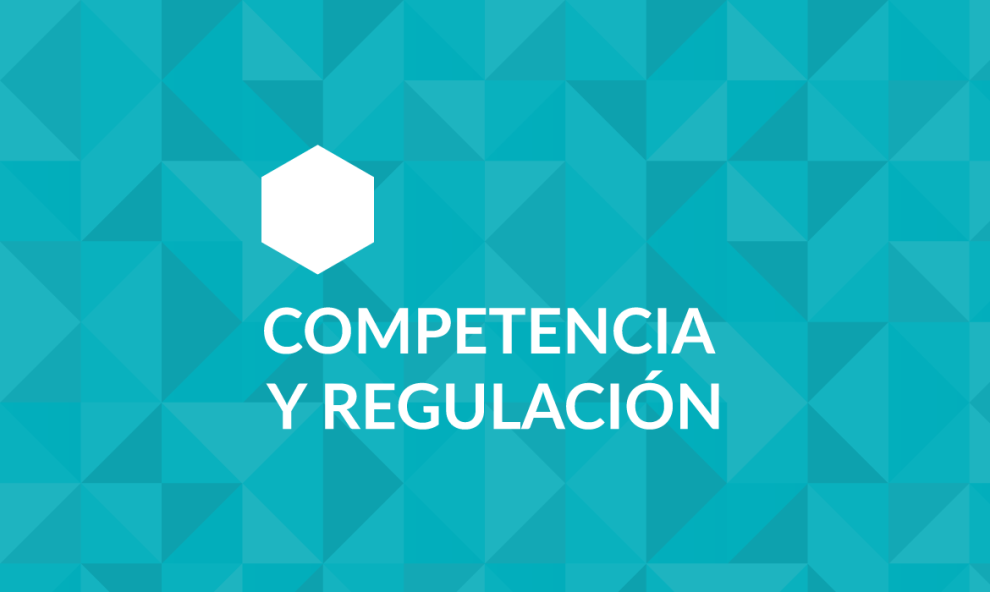For years, the image of Elba Esther has stood as the perfect symbol of Mexico´s educational lagging. Her frivolity and cynicism helped her become a perfect villain. Now, following her arrest, Mexicans have a unique opportunity to focus on the vital issue: how can the education required for it to grow be obtained within the shortest possible time?
Talking about improving education involves numerous fronts. The most distinctive is the educational offer, where good teachers, adequate facilities and leading-edge educational programs are needed. The challenge is tremendous, besides not being competitive when compared to other nations, we know now that only 2.5% of students who attend public school have a better academic performance than the average student who attend a private education (measured through the Enlace test). This way, Mexico´s education is far from being the key to social mobility that it should be.
In addition to educational offer, there is also the demand. And this is as much of a problem as the former. James Heckman, 2000 Nobel Prize of Economics, found that familiar context and socioeconomic level determine the results of an individuals´ learning achievements by more than 50%.
The book ¨Cambiando Historias¨ (“Changing Stories¨) by Armando Chacón and Pablo Peña shows how, if Mexico had the schools and teachers of Finland, it’d still be worse off than the Nordic nation. The reason for this is that Mexico still has not created conditions within society so that children can and want to remain in school.
Chacón and Peña demonstrate that the first problem underprivileged children face is that they do not have role models. In their environment, only one in 20 have some sort of university studies. Likewise, within these conditions, it is harder to spot talented youngsters and glimpse how far they can go if investment were made in their education. Finally, the authors mention lack of financing as the third problem. In Mexico the ones who acquire a debt and pay it later are still a minority.
Beyond these obstacles, Mexico needs to catch up with a few global tendencies. One of them is the fact that the first years in the life of a child are crucial for his ulterior development. Patricia Kuhl, a language specialist, shows in her TED Talks presentations how children are “language geniuses” but after age seven, this window is drastically shut. There is a need to pay more attention in this early phase of life in Mexico.
All of the above imply an additional difficulty, since it is during these first years when young parents typically earn less money and invest little to none in education. Nevertheless, it is necessary to change the way of thinking and to create the conditions in which both the State and parents can accept that reality.
The other trend is headed within the differences between playing and working, since they have become more and more diffuse. In other words, in children just like in adults, playing involves engagement and learning. In this regard there are electronic platforms in Mexico that have been really successful. One of them is BrainPop, which designs online educational content to provide a better understanding of several topics. Another example is Inoma, a platform where programmers develop games that children choose to play and is in accordance to academic subjects. The results of Inoma show that if, for example, a child has a bad math teacher the situation can be overcome if the child has the possibility to play with software that involves that particular subject.
There are countries, such as China, India, Japan or South Korea, where a child, from the moment he is born, has his parents and grandparents already thinking about how they will invest in their education. For years, Mexico has been distracted regarding other matters. The recent apprehension of Elba Esther Gordillo is an invitation to focus on the essential.
Verónica Baz




Comments